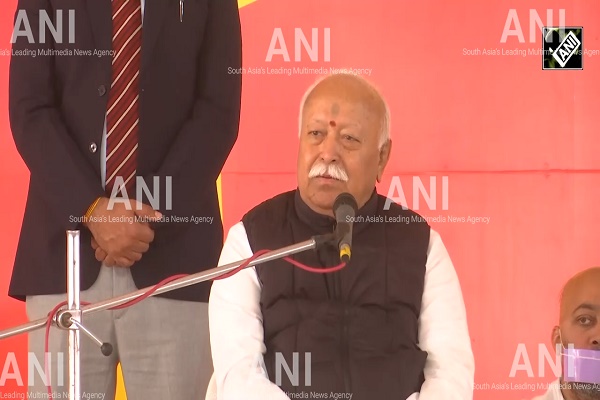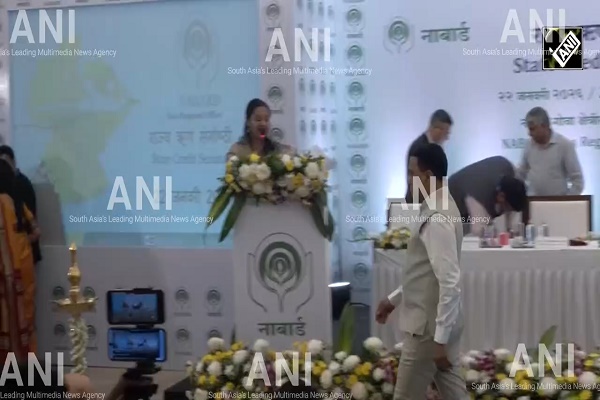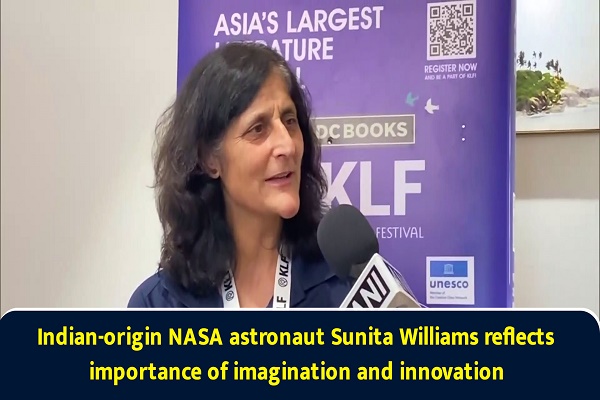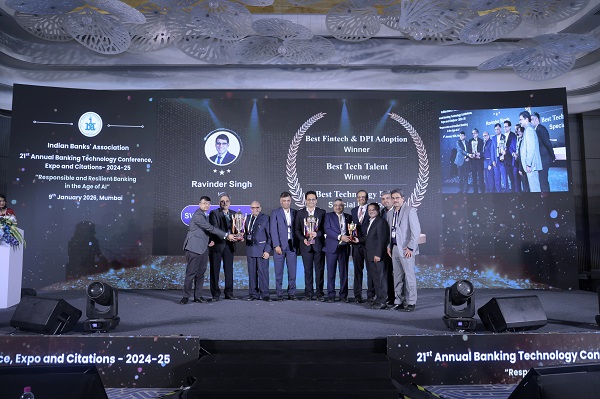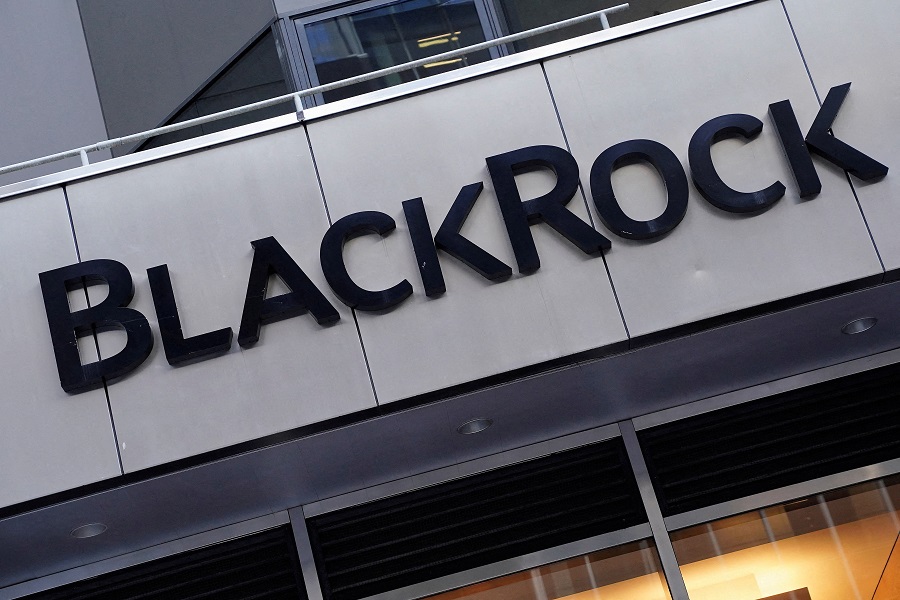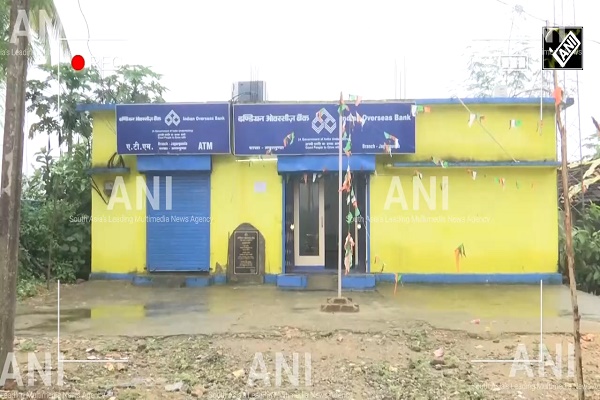Alternative livelihood can stop illegal coal mining: Meghalaya CM
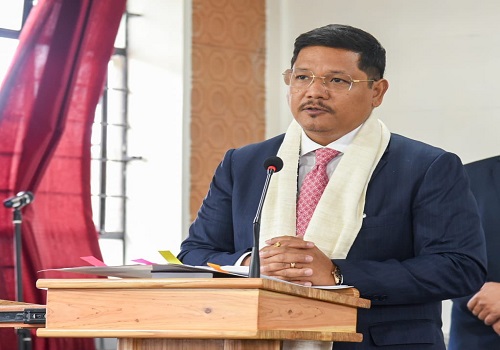
Meghalaya Chief Minister Conrad K Sangma on Thursday said that the illegal coal mining and transportation of coal can only be stopped if there is an alternative livelihood for the coal workers in the state.
He said, however, the government’s efforts are on to stop the illegal coal mining and that there are different laws to take action against the people who are involved in illegal activities of coal mining.
“Actions have been taken and thousands of cases have been registered. Chargesheets were filed against a large number of people involved in illegal coal mining.
“People engaged themselves in coal mining for the last 200 years and their livelihood is based around coal business. Unless and until alternative livelihoods are not arranged for the workers, people will keep themselves associated with the coal mining,” Sangma told the media.
He said, “We are happy to see that now the legal mining process is going to start and we will have scientific coal mining.”
The Chief Minister said that the government is trying to come forward with alternative livelihood schemes for the existing coal mining workers in tourism, agriculture and other related sectors so that illegal mining can be stopped entirely.
On drone technology, the Chief Minister said it is more complicated because areas are huge.
“To use the drone technology, we have to require at least 100 drones,” the Chief Minister said, adding that the administrations have used drone technology already in the past to map the stock of the coal whether the coal stock is legal or illegal but this has to be done on a regular basis.
However, the government is looking into all options, he said.
The Meghalaya government has already undertaken the process of scientific mining of coal and to provide sustainable livelihood opportunities to the people and earn revenue for the state’s exchequer.
An official of the Meghalaya government said that the Union Coal Ministry in April provided approval for mining lease to four applicants of the 17 prospecting license applicants.
He said that the income generated from the mining sector will be invested in the education and healthcare sectors for the socio-economic prosperity of the state.
The commencement of scientific mining will be a landmark in the history of Meghalaya, as it ensures minimal environmental impact through sustainable and legally compliant extraction procedures.
In April 2014, illegal coal mining, including the more dangerous practice of rat-hole mining, was banned in Meghalaya by the National Green Tribunal (NGT) after terming it as ‘unscientific’ and ‘most hazardous’.
The prohibited activities, however, continued in Meghalaya and other northeastern states despite the Supreme Court and high court's series of subsequent directions.
Environmental experts, activists and various NGOs have protested against illegal coal mining, saying that the illegal activities continued with the active support of a section of most powerful politicians while the law enforcing agencies remained silent.
Rat-hole mining, an extremely unsafe practice in Meghalaya, Assam and other northeastern states, involves digging narrow tunnels, each of which fits only one person to enter and extract coal, benefiting the coal traders.
Many workers got trapped in the illegal and unsafe mines and subsequently died, five in May/June 2021 but only three bodies were retrieved from the flooded coal mine after hectic efforts for over 27 days in East Jaintia Hills district.
In December 2018, in a major tragedy in the same district, 15 migrant miners from Assam had died inside an abandoned coal mine.
The 15 miners, whose bodies were never found, had been stuck in the coal mine at a depth of nearly 370 feet after a tunnel was flooded with water from the nearby Lytein river.



